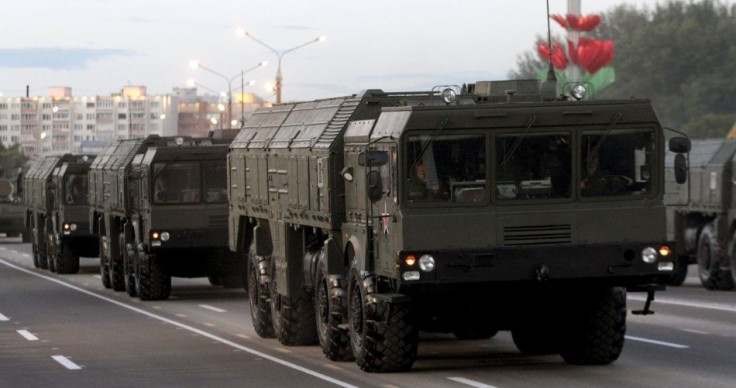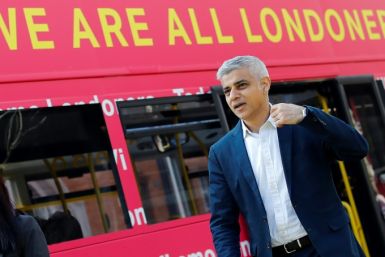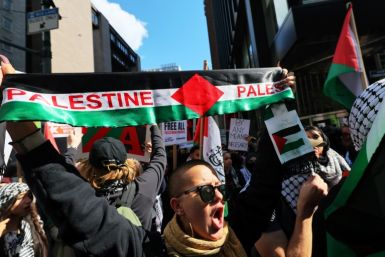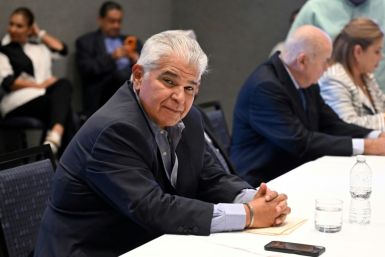Russia Blames NATO For Security Crisis in Europe; Confiscates 1,000 Tonnes of Smuggled Western Food

The Russian Foreign Ministry has blamed NATO for the current Euro-Atlantic security crisis due to its continued spread of policy "eastward." In a statement posted on its website, the Russian Foreign Ministry said NATO was not prepared to be in equal footing with Russia in response to security threats in the region.
As reported in Russian news agency TASS, NATO remains in "captivity of its own politicized approaches" and appears not ready to cooperate with Russia, the statement said. The ministry stressed that its resolutions force the "demarcation lines" in Europe to emerge because of NATO policy.
According to political analysts and experts, Russia's aggressive maneuvers have increased in the past year. The European Leadership Network think tank has released a report in November and described such incidents as "highly disturbing", according to Military Times.
The group noted that there were about 45 notable and documented confrontations between NATO and Russian military forces including encounters with Sweden and Finland. The report argued that the frequency of encounters may spark a crisis between the countries involved.
NATO Secretary-General Jens Stoltenberg told reporters in November that the incidents may be part of a pattern which has not been seen for several years and reminds NATO of Russia's military air activities during the Cold War.
The renewed tensions with Russia and NATO encounters with Russian military forces in the high seas have forced the navy to boost its presence in Europe. Destroyers Donald Cook, Ross and Truxton as well as the cruiser Vella Gulf have been seen in the Black Sea. The appearance of the Vella Gulf from the Turkish Straits to the Black Sea is a reassurance to United States allies that the U.S. remains committed to the region's collective defence.
Meanwhile, the Russian government has reportedly seized more than 1,000 tonnes of smuggled food and beverages from the West since August after Russian President Vladimir Putin declared a ban on certain Western products. According to Newsweek, the move was in response to the trade sanctions imposed by the EU and the U.S. over the Ukraine crisis.
Rospotrebnadzor, Russia's federal service for consumer rights, revealed that more than 200 tonnes of contraband products from the country's 13,000 businesses have been confiscated. Anna Popova, the head of the government watchdog, said the smuggling of Western products still continue despite Mr Putin's ban. About 500 tonnes of chicken, more than 200 tonnes of meat, 100 tonnes of fruit, and almost 50 tonnes of soft drinks and ice cream have been seized at Russian borders.
As a result of import restrictions, the price of food in Russia has increased despite government attempts to replace Western food products with those from Asia or South America. Russia has acknowledged it may go into recession in 2015 as anticipated by the Russian Ministry of Finance.






